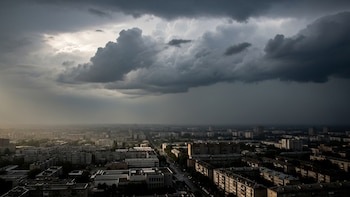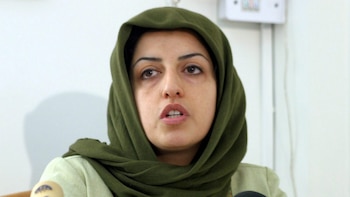Following on from the partnership signed last year at the 13th United Nations Congress on Crime Prevention and Criminal Justice, UNODC and International Centre for Sport Security (ICSS) have today unveiled a new resource guide that will help law enforcement and sports organizations better detect and investigate match-fixing and cases of sports-results manipulation.
Launched during a side event of the Seventh meeting of the Open-ended Intergovernmental Working Group on the Prevention of Corruption, which was attended by representatives of the 178 States parties to the United Nations Convention against Corruption, the new resource guide is the result of an extensive 18-month project led by the UNODC and ICSS. It is available on UNODC’s website.
The new UNODC-ICSS guide has been developed for investigators in both law enforcement and sports organizations and also to raise awareness among policy makers about the threat of match-fixing. It provides comprehensive information on the different factors, approaches and practical investigation techniques needed to conduct effective investigations into match-fixing. It also provides guidance on how law enforcement and sport organizations, and other relevant stakeholders, can effectively work together to detect and investigate match-fixing across different jurisdictions.
Over 40 experts contributed their knowledge to the development of the resource guide. These included officials from: FIFA, the International Olympic Committee, INTERPOL, the European Commission, Hong Kong Jockey Club, World Snooker, Council of Europe, Ministries of Justice from France and the Republic of Korea, and EUROPOL.
Speaking at the launch of the resource guide, John Brandolino, UNODC Director for Treaty Affairs, said: "The problem of match-fixing is such that it undermines integrity in sport with the significant illicit profits it generates allowing organized crime and corruption to thrive. In addition, the investigative skills of both law enforcement agencies and sports organizations around the world which are needed to identify and apprehend those responsible, are relatively underdeveloped."
For his part, Mohammed Hanzab, President of ICSS, while highlighting the expert contributions in the development of the guide, mentioned: "This handbook provides a comprehensive range of case studies, investigation techniques and approaches to combat match-fixing as well as providing valuable guidance on how to disrupt the international organized crime syndicates that now operate in sport."
Using the United Nations Convention against Transnational Organised Crime (UNTOC) and the United Nations Convention against Corruption (UNCAC) as a basis, topics and themes covered in the guide include:
Co-operation between law enforcement and sport investigators
Sources of information, allegations, intelligence and evidence
Evidence and interviewing
Why Match-Fixing is an International Issue
Application of Existing Legal Instruments e.g. UNCAC, UNTOC etc
Relationship between Investigators and Prosecutors in a Criminal or Sporting Case
Alternative & Complimentary Approaches to Combat Match-Fixing
UNODC and the ICSS will look to develop the resource guide into a series of workshops designed to build capacities of investigators, prosecutors and relevant officials in sports organizations on how to investigate allegations of match-fixing.
20 Years at #1: Your best source of news about the Olympics is www.aroundtherings.com, for subscribers only
Últimas Noticias
Sinner-Alcaraz, the duel that came to succeed the three phenomenons
Beyond the final result, Roland Garros left the feeling that the Italian and the Spaniard will shape the great duel that came to help us through the duel for the end of the Federer-Nadal-Djokovic era.
Table tennis: Brazil’s Bruna Costa Alexandre will be Olympic and Paralympic in Paris 2024
She is the third in her sport and the seventh athlete to achieve it in the same edition; in Santiago 2023 she was the first athlete with disabilities to compete at the Pan American level and won a medal.

Rugby 7s: the best player of 2023 would only play the medal match in Paris
Argentinian Rodrigo Isgró received a five-game suspension for an indiscipline in the circuit’s decisive clash that would exclude him until the final or the bronze match; the Federation will seek to make the appeal successful.

Rhonex Kipruto, owner of the world record for the 10000 meters on the road, was suspended for six years
The Kenyan received the maximum sanction for irregularities in his biological passport and the Court considered that he was part of a system of “deliberate and sophisticated doping” to improve his performance. He will lose his record and the bronze medal at the Doha World Cup.

Katie Ledecky spoke about doping Chinese swimmers: “It’s difficult to go to Paris knowing that we’re going to compete with some of these athletes”
The American, a seven-time Olympic champion, referred to the case of the 23 positive controls before the Tokyo Games that were announced a few weeks ago and shook the swimming world. “I think our faith in some of the systems is at an all-time low,” he said.




